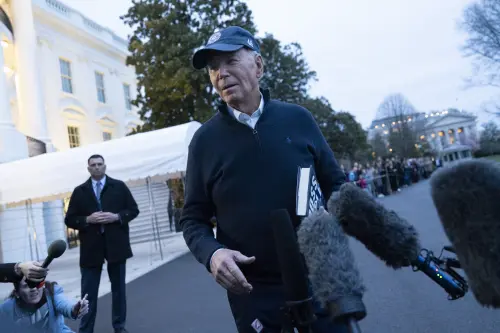The activities of the News of the World and WikiLeaks may seem, at first blush, to be poles apart. Yet the distance is not as great as it first appears.
There are, of course, significant differences between the two organizations.
Accessing a dead girl’s voicemails is wholly different from publishing a record of important diplomatic discussions. One is an attack on the weak; the other is an attack on the strong.
British tabloids pursue low-level gossip; WikiLeaks pursues high-level policy. Most of the tabloids’ stories are worthless; some of WikiLeaks’ documents are very valuable.
Hacks and hackers cultivate different styles. The redtops are staffed by dodgy geezers; WikiLeaks is headed by an elusive Bond-villain type living in a stately home.
The two institutions draw different reactions from celebrities. Hugh Grant is the tabloids’ chief tormentor; Jemima Khan is Julian Assange’s biggest groupie.
Of the two institutions, the tabloids are worse. Assange has certainly not sunk so low as to eavesdrop on terrorism victims and war widows or publish the medical records of infants.
Yet in some ways, the two outfits share the same M.O.
Both adhere to the same dangerous rationale, that no one is entitled to confidential information. As Assange said in April: “The government doesn’t have a right to secrets.” But would the world be safer or saner if governments could not hold confidences? How could wars be averted in such a world? How could peace agreements or trade deals be negotiated?



Commentary
Op-edThe News of the WikiLeaks: Both Share a Dangerous Rationale
August 5, 2011